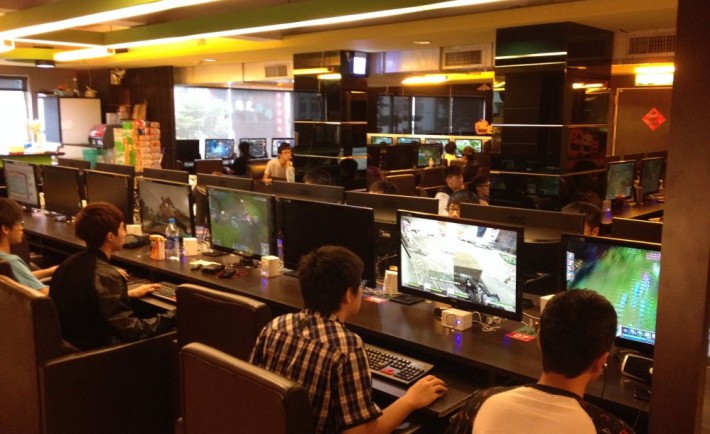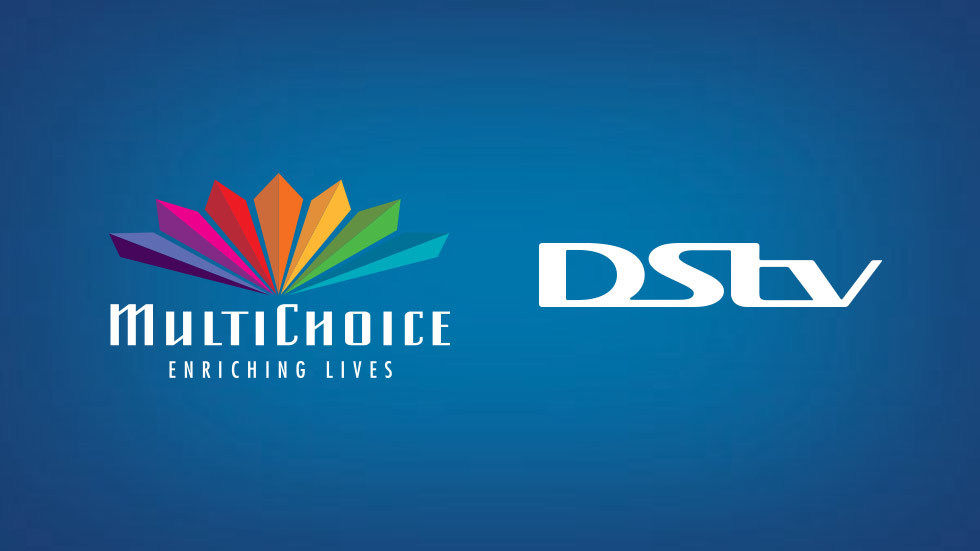- Nigeria’s .ng Suffers Patronage, as Firms, Others Adopt Foreign Domain Names
Although there appears to be a gradual upward swing in the adoption of Nigeria’s domain name, the .ng, the traffic is still very low compared to the use of other foreign domain names like the .com; .org; .net, and a host of others even within the country. Domain name is an identification string that defines a realm of administrative autonomy, authority or control within the World Wide Web (WWW) or Internet space.
The continuous patronage of foreign domain names by individuals and businesses in the country has negatively impact the uptake of .ng, resulting in capital flight from the economy. For this reason, countries around the world strive to promote their respective domain system in order to retain substantial part of the Internet expenditure in-country.
Nigeria has close to 100 million Internet users, however, the .ng, Web Technology Surveys revealed, falls within top-level domains that are used by less than 0.1 per cent of the global websites. Companies, including 80 per cent of the about 20 million small and medium scale enterprises (SMEs) in Nigeria, and individuals still prefer to host their websites on foreign domain platforms. That is, most of the domain names in the country are either foreign or local ones hosted abroad. This has contributed significantly to capital flight from the country yearly.
Although, the Nigeria Internet Registration Agency (NiRA), said it is still working on quantifying the amount the country loses yearly to patronage of foreign domain names, but the country might be losing as much as N900 million yearly.The .ng, like others is a Country’s Code Top Level Domain Name (ccTLD), which is allocated to a specific country in terms of the DNS tree, by the Internet Corporation for Assigned Names and Numbers (ICANN), and is open to having sub-domains below it.
Nigeria’s .ng is administered by the NiRA and funded by the National Information Technology Development Agency (NITDA). The Internet value chain, according to the Global System for Mobile (GSM) Telecommunications Association, has trebled from $1.2 trillion in 2008 to almost $3.5 trillion in 2015, at a compound yearly growth of 16 per cent and projected to hit $5.8 trillion by 2020.
In contrast to Nigeria’s 0.1 per cent usage, the Web Technology Surveys showed that the .com has the highest users with 48.4 per cent of all the global websites, followed at long distance by .ru with 5.1 per cent; .org has 4.7 per cent; and .net 4.6 per cent.jp enjoys 2.4 percent penetration; .uk 2.0 per cent; info 0.9 per cent; .biz 0.4 per cent and South Africa’s .za 0.5 per cent. The President of NiRA, Reverend Sunday Folayan, noted that “It is not necessary that the .ng domain is used exclusively in Nigeria, it can be used outside the country.”
Folayan said the .ng has impacted the economy positively because innovative companies are now using the domain name without any ambiguity.“I am always excited when I visit sites like guardian.ng as other industries like hotel.ng, travels.ng, tours.ng for your businesses. When domain names are properly used in Nigeria, it will boost the economy of the country.
“.ng has existed since 1995, NiRA came in 2005, a span of 10 years. .ng has existed for almost 22 years. There was probably about 100 domain names registered at the end of 1995, but by the close of 2005, a 10 year period, a number of domain names did not exceed 2,000. However, as at December 2016, over 75,000 .ng have been registered and active. NiRA has experienced a cumulative 75 per cent growth year on year as the figure almost doubles the previous year. We hope to sustain the growth. It may look small but, it has been a significant growth based on previous, the 75 per cent is significant and should be noted as improvement.
Folayan further noted that although highly competitive but “domain names are not directly related to population, but the activities. So, there is a tendency to look at 170 million Nigerians and expect 170 million domains but this is not true. Nigerians are on the Internet, but we are a net consumer of information on the Internet. We are not producing as much information as we should be producing on the Internet and without producing information, you can’t have website and content, without website and content, you can’t have domain names.
“Domain names are an accurate reflection of our production of information not our Internet consumption of information. So, if you look at Nigerians with mobile phones, buying SIM is growing significantly because they are going online to consume information, but when you look at the growth of information production, you will see that domain name production far exceeds this growth for Nigeria.”
Reports have it that in 2014, the number of active domains reached 271 million globally. The United States generated $600 million yearly from its domain name, which is part of the potential of the Internet.
According to Google’s yearly income statement, it generated $23.6 billion in 2009, which translated to $1.9 billion dollars a month.Similarly, the .com, .uk, .us, and many other domain names in the western world have made huge profits from their domain names; while some have been sold as high as $13 million.
A former President of NIRA, Mrs. Mary Uduma, in a report said Nigeria’s Internet economy and e-commerce have not started “our Domain Name System (DNS) industry is till at the lowest ebb.”
According to her, Nigerians, especially the private sector operators, needed to connect to the .ng domain to stem capital flight to other countries, whose domain names Nigerians patronise and pay huge sums for.
“Let me give you statistics; if there are 1,000 registered domain names in Nigeria, only 10 will be on .ng, 990 will be on .com and if they all pay N1,000 that is N1 million. While N990, 000 will go abroad, only N10,000 will be in Nigeria; so, we are losing money because people are not taking the .ng as their domain name,” she explained.
To drive traffic to the domain name, the Chief Executive Officer, MainOne Cables, Ms. Funke Opeke, said there is need to see more Nigerians come online, get the services more reliable and improve the local content development.
Opeke submitted that it is necessary to get services, especially government, banking and other major arms of the economy online. “I think the journey has started, we must continue with it.”
To the Chief Executive Officer, Internet Exchange Point of Nigeria (IXPN), Muhammed Rudman, so many companies, including banks, airlines trading in Nigeria still make use of foreign domain names; resulting in serious capital flight from Nigeria.
“Everyday people in Nigeria are registering .com instead of .ng,” he lamented, adding that the low adoption, could possibly be that the platform is secure, noting that security is not about the domain but the website.According to him, what will channel traffic to .ng remains more enlightenment and awareness of its importance to the economy.
Ayo Odusolu, the Business Development Manager, Skye9, a Nigerian entertainment SME on the .com platform, said, although the firm is proudly Nigerian, it will expand on the .ng platform in the future, adding that for early market penetration, the .com is more like it.
Another SME on .com, whose CEO spoke anonymously, said: “the .com is more recognised globally. How many people use .ng? I think it’s a class thin! Moreover, most people still don’t know much about the Nigerian domain name. I think the handlers need to do more in terms of awareness.”


 Forex4 weeks ago
Forex4 weeks ago
 Naira4 weeks ago
Naira4 weeks ago
 Billionaire Watch3 weeks ago
Billionaire Watch3 weeks ago



 Naira4 weeks ago
Naira4 weeks ago






 Naira3 weeks ago
Naira3 weeks ago


 Naira2 weeks ago
Naira2 weeks ago






 Naira2 weeks ago
Naira2 weeks ago
 Economy4 weeks ago
Economy4 weeks ago























